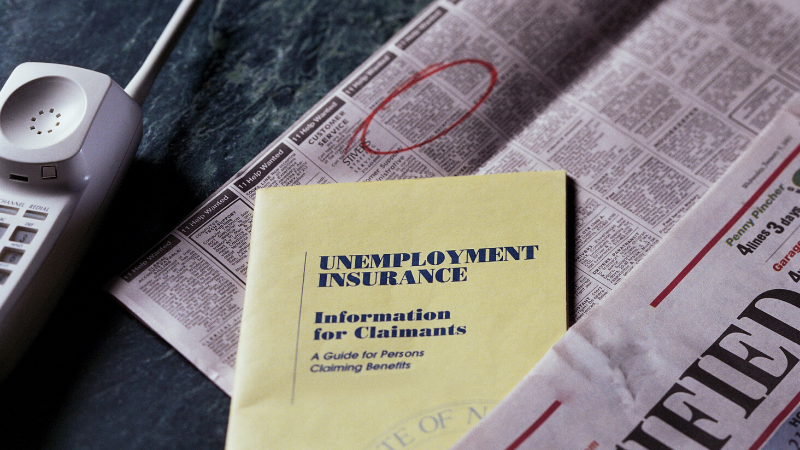
Household employers and employees are searching for financial solutions to the current economic crises facing our economy. As we better understand the programs and benefits provided by the Families First Coronavirus Response Act (FFCRA) and the Coronavirus Aid, Relief, and Economic Security Act (CARES), families and caregivers are increasingly turning to unemployment benefits to provide some level of financial stability. Here we give an overview of how to navigate this important system which we all hoped we would never need to use.
Eligibility for Unemployment Benefits
Unemployment benefits are available to those who lose their job through no fault of their own, or for “constructive discharge.” This means that your employment has not been terminated for cause such as poor performance or attendance issues. Each state has different rules regarding work and wage history, but in general, if you have been employed “on the books” (your employer has been paying their unemployment taxes) for four out of the last five calendar quarters, you are eligible for benefits. Additional requirements by state can be found through the US Department of Labor’s Unemployment Benefits Finder.
In response to the COVID-19 pandemic, federal law now provides unemployment benefits to self-employed and gig-economy workers who would not traditionally qualify for unemployment benefits. You can also qualify for benefits if your hours have been reduced, are subject to a quarantine, or are unable to work due to risk of exposure to Coronavirus or because you are caring for a family member due to Coronavirus. So long as you can document your wage history and have been paying your taxes, you likely qualify for Pandemic Unemployment Assistance.
If you are eligible and able to work from home, you do not qualify for unemployment benefits. However, remote work is rarely possible with household employment, so it is safe to say that nannies, caregivers, housekeepers, and other domestic employees impacted by COVID-19 will qualify.
Obtaining Benefit Payments
Claims should be filed through the state unemployment benefits program in the state where you were working. It is best to file online, as phone lines have long wait times and physical office are closed for health reasons. You will need to provide your information and that of your previous employer(s). Paystubs and W2s should provide all the you need, to include your employers Employer Identification Number (EIN). This information is used to verify your eligibility for benefits, your wage history, and to calculate the benefit amount to which you are entitled.
The amount of your weekly payment is based on your state and your wage history. The national average for unemployment benefits is $378 per week, but this varies widely between $555 in Massachussetts and $213 in Mississippi. The more you earned previously, the higher your benefit will be, subject to your state limit. The CARES Act also includes an additional $600 per week (March 27th - July 31st) to benefit recipients, paid on top of the standard benefit for which you qualify from your state. The Bill also extends the benefit period by 13 weeks, meaning benefit periods now range from 25-39 weeks total, and varying by state.
How Quickly Will You Receive Payment?
Normal waiting periods for benefits are being waived, and workers are encouraged to apply for benefits immediately after losing their job or being impacted the Coronavirus pandemic. States are doing their best to handle a record number of benefits claims with more that 6.6 million claims being filed in a single week. Even if your payment is delayed, you are entitled to benefits dating back to the start of your unemployment, and dating as far back as January 27, 2020. In many states the $600 a week top off is delayed, but when computer systems are adjusted the benefit will be paid retroactively.
Always Been Paid in Cash?
Employees who have never been paid “on the books” may experience delayed processing of unemployment claims as the state will have no record of wage history. In normal times, investigators would research these claims, contacting the former employers listed in the claim to determine if the employee is eligible and why employment tax contributions were not filed and paid. While this delay is likely to continue, it remains to be seen how great an impact it has on an employee’s claim given the intense backlog states are currently facing. The fastest way to get an employee access to their unemployment benefits is to file any past due unemployment taxes so an accurate record of wages paid is available when a claim is processed.
Impact on Employers
Unemployment tax rates vary by individual employer based on the claims history. Those with high turnover and former employees filing for benefits normally have higher tax (experience) rates. However, states are announcing that benefit claims related to the COVID-19 pandemic will not increase employer experience rates as these furloughs and layoffs are understood to be beyond the employer’s control.
More information on financial relief available in response to the COVID-19 Pandemic can be found in the HomeWork Solutions Knowledge Center.
